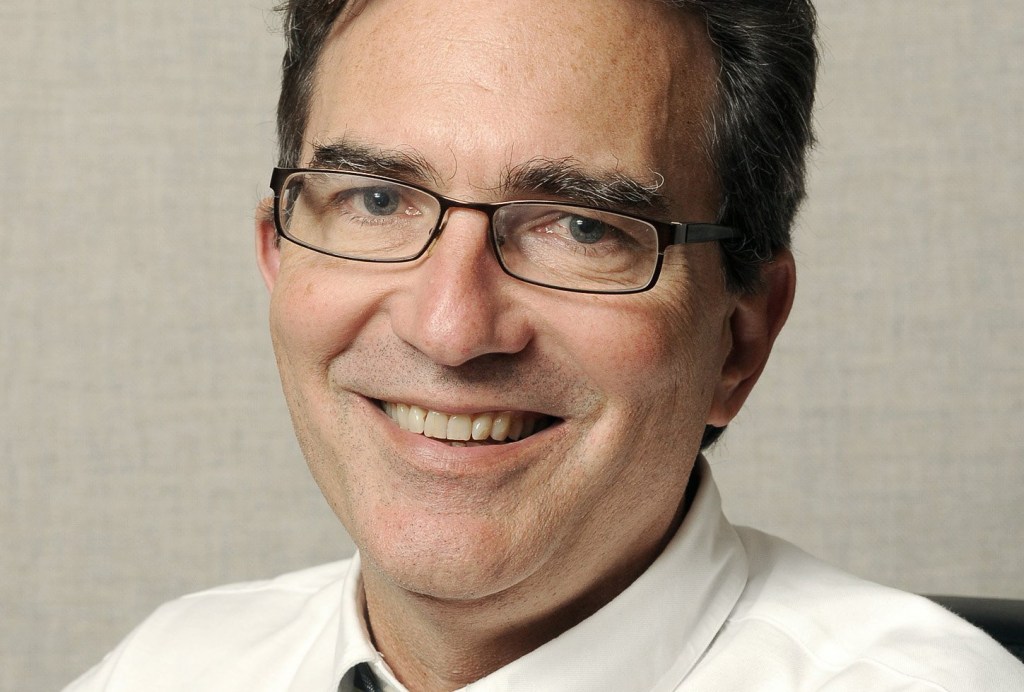When the oil boom hit North Dakota about five years ago, the “overnighters” followed.
Desperate people (mostly men) were drawn by websites advertising good jobs at high wages. They loaded up cars and trucks or spent their last dollar on a bus ticket, escaping places where blue-collar jobs in manufacturing and construction have become ancient history.
When they started piling up in the city of Williston, sleeping in their cars, camping by the road, the Rev. Jay Reinke was faced with a test of his faith. What is he called to do?
The Lutheran pastor’s answer is the subject of the 2014 documentary, “The Overnighters,” directed by Jesse Moss, which is now streaming on Netflix.
It’s a good one to watch for anyone who has a strong emotional reaction to issues like homelessness and migration in a country that is changing faster than people can change.
Reinke chooses to open the doors of his church to the new arrivals and lets them sleep on the floors and in the pews. He goes further, giving them help looking for work, access to computers to write resumes and an opportunity to clean up and get haircuts.
“Did Jesus have short hair?” one of the men asks Reinke.
“Jesus didn’t have our neighbors,” the pastor answers.
When they get to North Dakota, the men find that the oil is there, but there is no place for them to live. One of the things the websites don’t mention is that the rents are higher in Williston than they are in Manhattan.
Some also see that they can’t find work right away – or, maybe because of their age, a drug problem or a criminal history, that they may never get hired. The church becomes the place where they try to figure out what comes next.
It’s no spoiler to say that the Overnighters program causes profound discomfort, both in Reinke’s church and in the city.
The film shows how as the months drag on, parishioners wonder why they have to be the ones to take on this burden. The men are foreign to them. They spill coffee on the rugs. They smell bad. They don’t contribute, one woman says, they just take.
People who live in town are worried about what kind of strangers are being welcomed.
In 2012, two drifters in nearby Montana kidnapped and murdered Sherry Arnold, a high school math teacher who was out for a jog. When a newspaper in Williston started digging into the backgrounds of the men sleeping in Reinke’s church, it found that some – including at least one registered sex offender – had troubling criminal pasts.
The people ask legitimate questions about the safety of their church and their community, and Reinke has no real answers because there are no answers. He manages risk with faith.
And he believes that these men have value, no matter how they look. He wants them to have a chance.
The story is tragic. No one person could do the big job Reinke has taken on, and from the first scene you realize that he will not survive intact. By the end you find out that he is not repeating platitudes when he includes himself among the sinners, and he faces the consequences.
The film raises questions that don’t lend themselves to easy answers. Are there limits to what can be done through hope, love, faith and forgiveness?
Reinke notes that he is called to love his neighbor, and he is sure that these men are his neighbors. “But the people who want the men gone are my neighbor, too.”
He tries to juggle them, but that can work only for so long. In the end he loses control and even some of his overnighters turn on him.
The writer Karen Armstrong, author of books like “The Case for God,” argues that we in the developed West have religion all wrong.
By focusing on “belief,” an intellectual acceptance of an unprovable assertion, she says that we turn our backs on the way religion has been practiced for most of history and in most of the world.
Religion, she argues, is not something that we think – it’s something that we do.
“The Overnighters” shows a living example of someone “doing” religion.
Reinke’s failure shows how lonely that can be.
Greg Kesich is the editorial page editor. He can be contacted at 791-6481 or at:
gkesich@pressherald.com
Twitter: gregkesich
Copy the Story LinkSend questions/comments to the editors.



Success. Please wait for the page to reload. If the page does not reload within 5 seconds, please refresh the page.
Enter your email and password to access comments.
Hi, to comment on stories you must . This profile is in addition to your subscription and website login.
Already have a commenting profile? .
Invalid username/password.
Please check your email to confirm and complete your registration.
Only subscribers are eligible to post comments. Please subscribe or login first for digital access. Here’s why.
Use the form below to reset your password. When you've submitted your account email, we will send an email with a reset code.